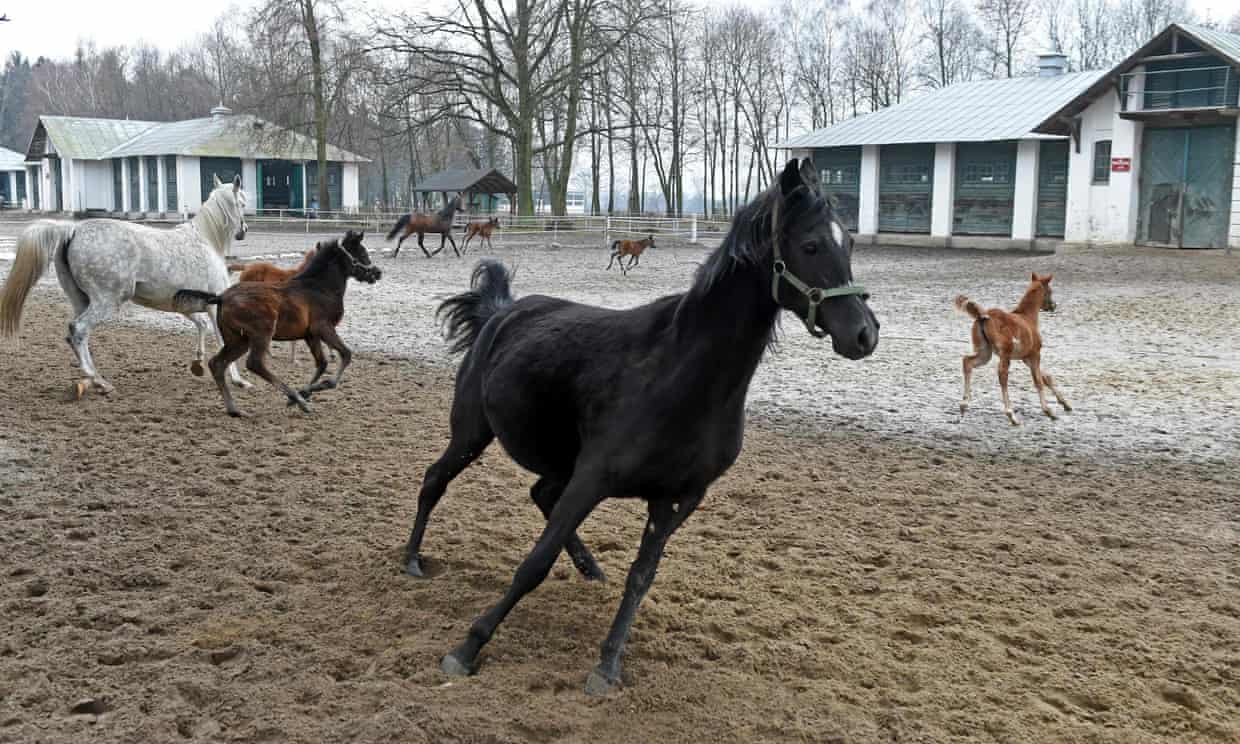Columbus, Georgia is interesting, past and present! I could easily spend lots of time here. It's a good place to live.
This city on the border of Alabama, where the last battle of the Civil War was fought --
after the surrender at Appomattox -- is a wealthy city and always has been.
 |
| The Chattahoochie River |
The
Chattahoochee River runs all the way down to the Gulf up from high up in the Georgia Blue Ridge Mountains. The river's fall line is here at Columbus. Thus, with this outlet to the Gulf, the spot was a natural place to establish a market city for the receiving of goods, including slaves for sale, and for sending cotton to market. The river made dams easy to construct for cotton and textile mills and other industry powered by steam. As a fair economic anomaly in the antebellum states with manufacture and business, African Americans, slave and many free, were skilled artisans who worked in various industries, not in the cotton fields. At the outset of the War of Southern Conquest Columbus was one of the few industrial centers in the confederacy. It's mills and factories provided uniforms for the army (never anywhere close to enough), boilers and other iron work for the ships, including the iron clads, and the Slidell ships that preyed on Union mercantile shipping.
 |
| Typical Chattahoochie River activity these days. |
After the war the city's economy recovered very quickly, and now there's container ship loads of wealth washing about Columbus from Coca Cola (the family who sold it to the Atlanta owners still retain very lucrative interest in the business), Aflac auto insurance (this city is all about servicing automobiles) and the processing of credit card transactions. However, many of these private very wealthy individuals eagerly and generously give money to the university and many other productive institutions and projects for Columbus -- which makes this a pleasant place to live.
 |
| The River Walk below the arts campus of Georgia State University in Columbus. The Dillingham Bridge (1910 - 19120 connects Columbus, Georgia and Phenix City, Alabama. The engineer of the Bridge was African American. The bridge's location is part of the site of the last Civil War battle. |
Even the weather at the moment is more than pleasant: currently it is hot in the day and sunny, balmy at / after sunset. (In NYC it's miserable, chilly and raining. Gonna be like that there through the weekend. However, in another week or so, it's going to be brutally hot here, so there's that.)
The Slave Coast event today was held one campus -- there are at least two campuses, within walking distance of each other. Working here has to be great, and being a student as well. Due to the wealthy people mentioned above, and hte very many scholarships and programs they fund, there is a large diversity of students and programs. They are very strong in both the technologies and the arts, both of which are very well-funded.
We were slotted into the main humanities Schwob Library. The presentation was was well attended, by people from the community, faculty and their students, heads of various areas of the library and the history dept. and some friends drove over from Atlanta to hear us. The event concluded with interesting and smart questions, and a great deal of commentary about the capitalist system, which demanded the shredding historically of the black family, preventing any aggregation generationally of resources, wealth and influence, in contrast with the owners of the black families. The white family networks continued to inter-marry with each other in the southern and northern branches, getting richer, better connected and more powerful in every generation. This means that whenever an individual family member had difficulties there was a large safety network to hold that person up (which allowed for southern families in these networks to re-establish their positions quickly after the War of Southern Aggression concluded). Black families did not have this.
We would have participated ourselves more in the discussion if we'd gotten any sleep over the last three nights.
After being taken to lunch we were given a guided tour of the city's history past and present, and the university's history (founded in 1958), past and present.
Less positively, the Georgia governor is about to sign into law the right to open carry on Georgia campuses. Not in fraternities, gyms, housing or anywhere else except -- the libraries and research facilities and classrooms.
The state as a whole didn't want this, but the NRA swooped in with freight loads of money and sponsored 'their' guys in the legislature and got it. 19 states now, where the NRA has done this.
Tonight's going to be an early one thank goodness, as we excused ourselves early from dinner. We've eaten all too well and too much over the last three days -- southern food and southern company is irresistible, but we had to leave.
We were planning to take a leisurely, winding route back home, but it turns out we have to get back home as soon as possible since Ned's going to Cuba again for 8 days, early on the 3rd, and things have come up over night re TASC, including a request to be interviewed for a new ESPN program featuring -- get this!
us!? --
sports -- race and culture, debuting May 17th. The hostess of this new program wants to interview us about
Slave Coast issues in connection with the reboot of Alex Haley's
Roots, which premieres on the History Channel May 30. She wants to do this interview asap.
We're spending tomorrow night in Athens, as tomorrow we're being hosted for lunch by this fellow:
scroll down to "Charles Peters" . . . and having dinner with an anthropologist at the university who has been doing a lot of work with the Georgia ring shout groups.
This means we can't be get home until later, on Friday night. Laundry and other preps for Cuba where Himself's running a conference on Cuban music and it's future and influence in the world at large must be raced through between Sat. - Mon.
Also, I have to watch the whole reboot of
Roots by Monday.




